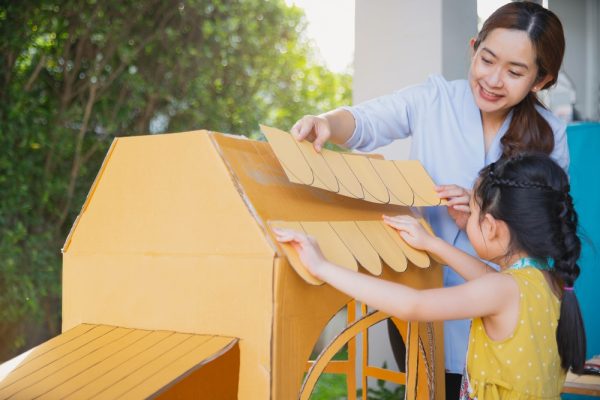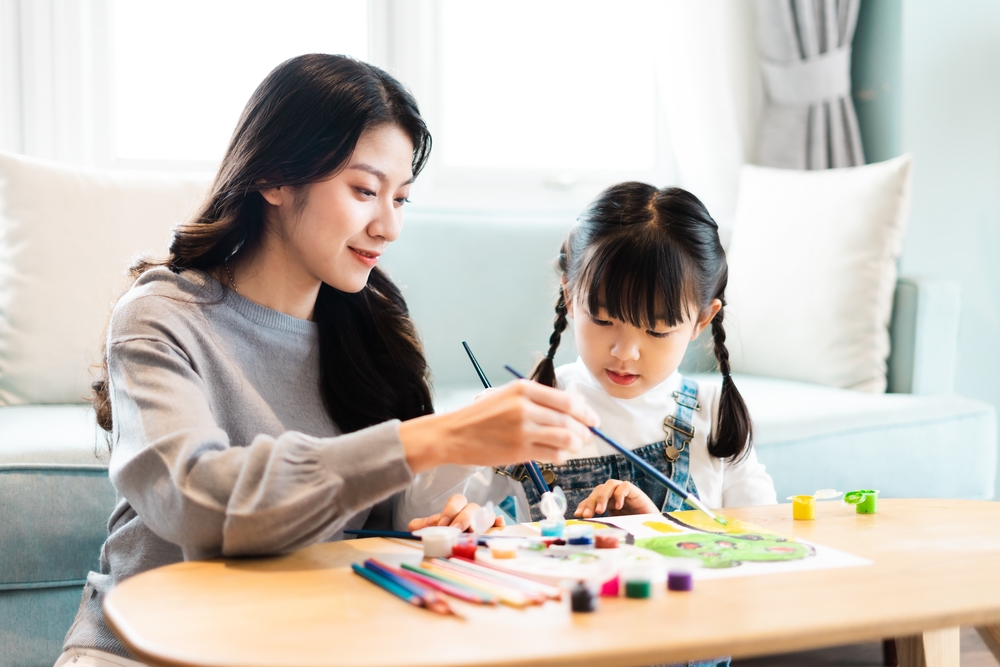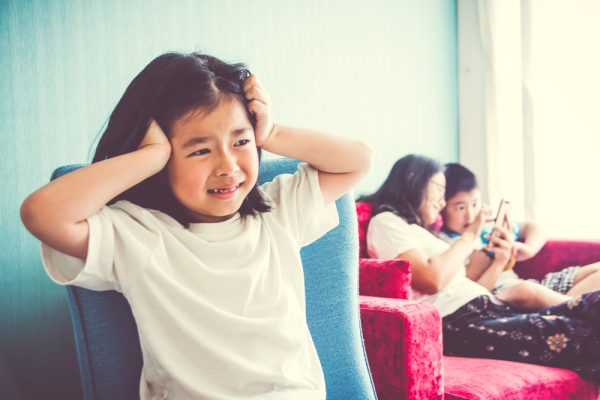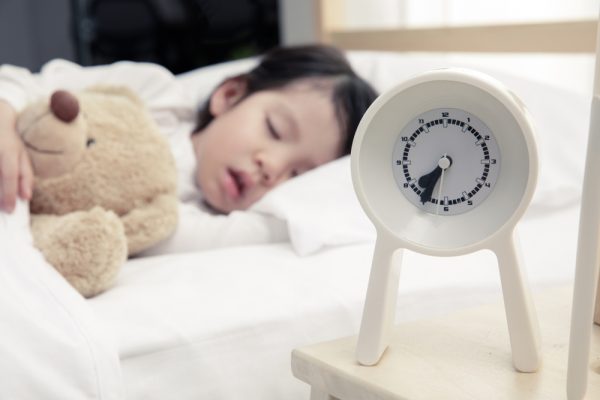Parenting Tips
Parents Zone

Written by: Director of Pario Arts, Lee Sou Jing
Everyone has creativity and artistic potential. If properly nurtured, it can enhance one’s moral sentiments and make life more perfect. In the artistic atmosphere, diverse activities inspire individuals’ creativity, aesthetic sense, and diverse abilities, promoting holistic development. ‘Love’ is the driving force of creation. In a free, democratic, safe, and harmonious environment and atmosphere, it is the expression of ‘love,’ emphasizing mutual tolerance, acceptance of different opinions, and respect for and acceptance of others. So, how can parent-child creative art creation express ‘love’? Here, the author shares his views with all parents.
The significance of parent-child creative art creation:
• Art education starts with individuals. Parents try to engage in artistic creation to cultivate their children’s artistic accomplishments.
• The first lesson of art education begins with ‘listening’ and ‘acceptance.’ Parents learn to accept the diverse ways in which children express their creativity.
• Through the joint participation and experience of parent-child art creation, parents can get closer to and understand their children’s hearts.
• Parent-child art creation helps children to understand themselves and release emotions and stress.
• By integrating an atmosphere of mutual appreciation and respect, it reduces parental stress and anxiety, thereby enhancing parent-child relationships.
• Making parent-child fall in love with creation, integrating art into life, and enhancing the quality of life.

Artistic Cultivation Tips
• Cultivate a kind of knowledge in being human and enhance the ability to share, that is, ’empathy.’
• According to the research of psychologist Hoffman on the development of human empathy, ’empathy’ is the ability to understand the feelings of others and to put oneself in their shoes.
• The three steps of ’empathy’: (1) Imagine standing in the other person’s position (2) Identify the other person’s true feelings (3) Convey understanding and feelings to the other person.
• Empathy’ is an important ability in interpersonal relationships. Only those with ’empathy’ can establish good interpersonal relationships, self-discipline, and a sense of responsibility.
• Children at the age of 2 to 3 can already understand the feelings of others. In order for children to be compassionate, possess ’empathy,’ and understand love and care for others, it is very important for parents to lead by example.































